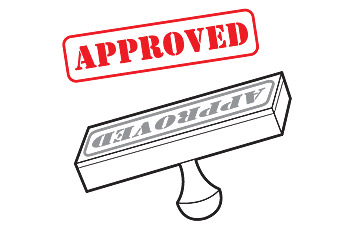
Yes. On Sept. 15, the U.S. FDA approved four H1N1 vaccines — three injectable versions and one nasal spray — on the basis of early results from clinical trials involving hundreds of healthy adult volunteers that showed that the immunization was both safe and effective in activating a good immune response to H1N1. Studies with children and pregnant women are still under way, but so far both groups show no serious reactions to the vaccine.
The pandemic-flu vaccine is made the same way as the seasonal-flu shot, except with a different influenza-virus strain, so the clinical trials were not actually required for licensure — the seasonal-flu shot is not tested this way each year but is considered safe. Yet health officials wanted to be cautious; the last time the government ordered a vaccine against an H1N1 virus, in 1976, 40 million Americans received the shot, and soon after, several hundred contracted Guillain-Barré syndrome, a rare but paralyzing neurological condition.
The new vaccine has no such problems so far, and nearly 80% of all inoculated people produce enough antibodies to protect them from getting sick.